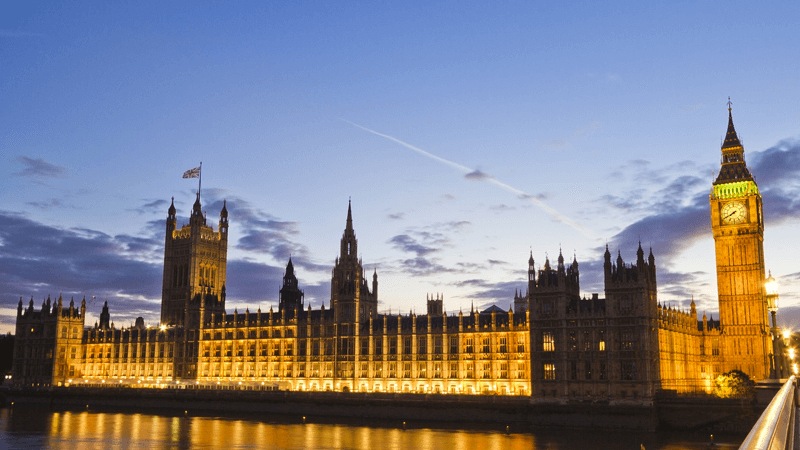Parliament is best-placed to consider the impact of changing the law on assisted suicide, the Court of Appeal heard yesterday.
James Eadie QC, representing the Justice Secretary, said that courts should not overrule the current law.
The law is being challenged by Noel Conway, who suffers from motor neurone disease.
No safeguards
Mr Conway wants the courts to allow doctors to assist his death, but in 2015 Parliament overwhelmingly voted not to legalise assisted suicide. He lost his legal challenge to the High Court in October, and Mr Eadie said that judges were right to reject the case.
He said that any change in this “sensitive policy area” ought to remain a matter for Parliament, because it represents “the conscience of the nation”.
Mr Conway wants to be able to die if a judge agrees that he has less than six months to live, is mentally competent, and has made a “voluntary, clear, settled and informed” decision.
However, Mr Eadie said that these proposed ‘safeguards’ would be “inadequate” in relation to the risks that the current law protects against.
Respect
He said: “In assessing such difficult questions, Parliament inevitably has available a far more extensive range of opinions, coupled with evidence, than the court would be able to receive in practice”.
He added that Parliament also has “the intrinsic ability to debate what are essentially sensitive and mixed moral, social and ethical issues” on behalf of the nation it is elected to represent.
He also said there were “powerful constitutional reasons” why Parliament’s decision on assisted suicide should be a respected and not overturned by a court.
Respect
In a letter to The Daily Telegraph addressing the case, Professor John Keown, who works for the Kennedy Institute of Ethics in Washington D.C., said the current law in Britain “affirms the value of everyone’s life, not just that of the vulnerable”. (Author’s emphasis)
He added: “A Lords Select Committee noted that the ban ‘protects each one of us impartially, embodying the belief that all are equal’.”


